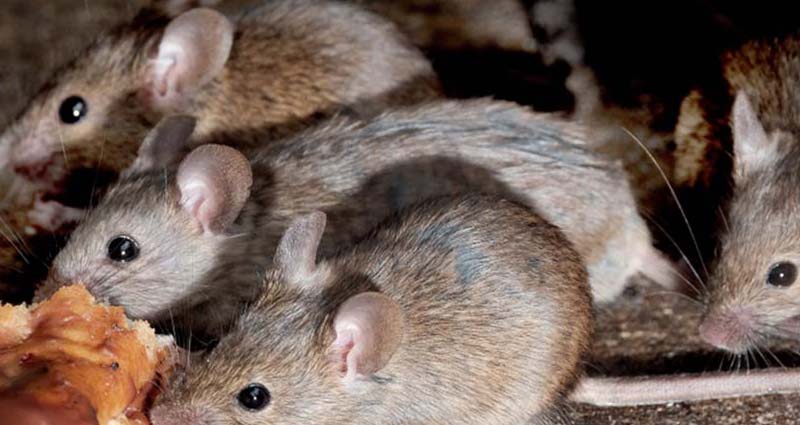Having to deal with rats is not only scary, but it could also be bad for your health. Rats can cause a lot of problems, but cleaning up their droppings is one of the most important things you need to do. Rat droppings can carry bacteria and other germs that can make you or your family sick, so it’s important to clean them up right away. In this guide, we’ll talk about the tools and safety measures you’ll need to clean up rat droppings.
You’ll need these:
Throwaway Gloves: Put on throwaway gloves before you start so you don’t get rat droppings on your hands. This easy step can help keep you safe and stop diseases from spreading.
Face Mask: You must wear a face mask to keep from breathing in any of the droppings that could be flying. It gives you more safety against risks to your lungs.
Protective clothing: Think about wearing old clothes that you can throw away when the cleanup is done. This keeps your everyday clothes from getting dirty.
Plastic Bags: Have a few strong plastic bags on hand to pick up the droppings and anything else that could be dirty.
Paper Towels or Rags: To pick up and clean up droppings, use paper towels or rags that you can throw away. Don’t use a vacuum cleaner because it can send particles into the air.
Disinfectant Solution: Mix a home disinfectant with water to make a disinfectant solution. This will help kill any germs or viruses that might be in the droppings.
Spray Bottle: You can use a spray bottle to put the cleaning solution on the wounds.
If the droppings are on a hard surface, you can pick them up with a broom and dustpan before cleaning.
Things to watch out for:
Ventilation: Make sure the area you’re working in has enough air flow. Open the windows and doors to let in fresh air and help get rid of any possible pollutants.
Wet Cleaning: Lightly mist the droppings and the area around them with the cleaning solution before you sweep or wipe. This keeps the droppings from getting into the air and makes it easier to clean up.
As we’ve already said, don’t clean or do anything else that could make dust. Rat poop particles can get into the air and be dangerous.
Double-Bagging: When you pick up droppings and other dirty things, put them in two bags to avoid leaks or spills.
Proper Disposal: Close the bags tightly and put them in a trash can outside. When you’re done with the bags, wash your hands well.
Personal Hygiene: When you’re done cleaning up, be careful when you take off your gloves and protection gear. Use soap and warm water to wash your hands and any other uncovered skin.
Disinfect the Area: Once the droppings are gone, use the disinfection solution to clean the area well. Pay attention to things like floors, countertops, and tools that came in touch with the droppings.
Wash your tools and throw away things that can’t be used again, like gloves and paper towels. If you are using things like rags that can be used again, wash them separately in hot water with soap to make sure they are clean.
Check for Symptoms: After cleaning up, keep an eye on your health for any strange signs, like a fever, a cough, or stomach problems. If you have any signs, you should talk to a doctor.
It’s important to know that diseases like hantavirus, leptospirosis, and salmonellosis can be spread by rat droppings. To stop these illnesses from spreading, it’s important to take the right steps when cleaning up. If you don’t feel safe handling rat droppings or are worried about possible health risks, you might want to hire a pest control or cleaning service that knows how to deal with dangerous materials.
In the end, cleaning up rat droppings takes the right tools and safety measures to keep you safe and stop diseases from spreading. You can successfully clean up after a rat infestation if you wear the right protective gear, use disinfectants, and clean up in the right way. Remember that your health and safety should always come first, and if you have any questions or concerns, it’s best to ask professionals for help to make sure the work is done well and safely.
Rat Control Oshawa, our technicians have the knowledge as well as years of experience in handling rat problems. Whether it is an infestation or an intrusion, our licensed and fully insured teams of technicians handle the problem swiftly and discreetly.

